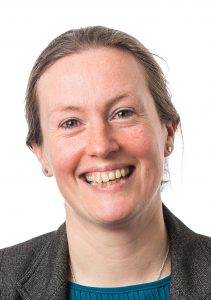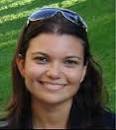Another article by the team at the Coaching Psychology Unit, Federal University of Rio de Janeiro (UFRJ), Brazil and the Centre for Neuroscience, International Academy for Professional Development. The group undertook a systematic review of electroencephalographic findings in patients with major depressive disorder during cognitive or emotional tasks. The studies identified reveal the frontal cortex as an important brain structure involved in the
complex neural processes associated with MDD. Findings point to disorganization of right-hemisphere
activity and deficient cognitive processing in MDD. Depressed individuals tend to ruminate on negative
information and respond with a pattern of relatively higher right frontal activity to emotional stimuli
associated with withdrawal and isolation.
Take a look at the article, in press.
de Freitas, S.B., Marques, A.A., Bevilaqua, M. C., de Carvalho, M. R., Ribeiro, P., Palmer, S., Nardi, A. E. & Dias, G. P. (in press). Electroencephalographic findings in patients with major depressive disorder during cognitive or emotional tasks: a systematic review. Revista Brasileira de Psiquiatria. DOI: 10.1590/1516-4446-2015-1834.

 successful rowing coach with wins at national and international level. She regularly speaks at conferences and universities as a specialist lecturer or guest speaker and is a contributing author to a number of business books including the Association for Coaching’s Psychometrics in Coaching and Leadership Coaching.
successful rowing coach with wins at national and international level. She regularly speaks at conferences and universities as a specialist lecturer or guest speaker and is a contributing author to a number of business books including the Association for Coaching’s Psychometrics in Coaching and Leadership Coaching.